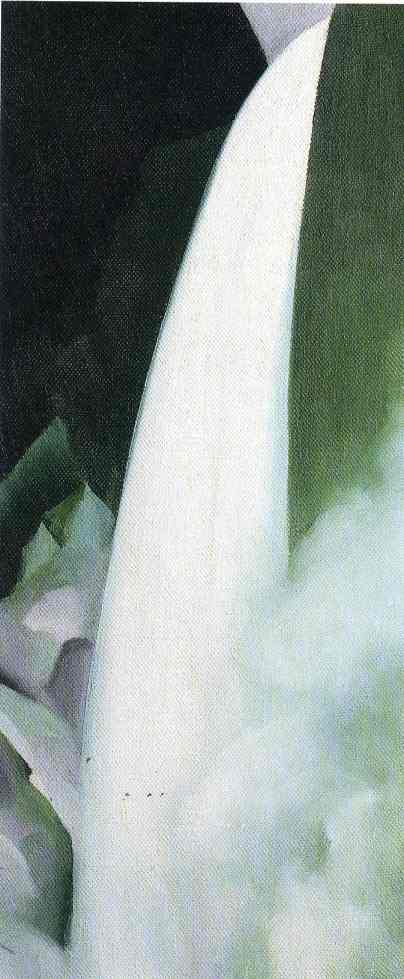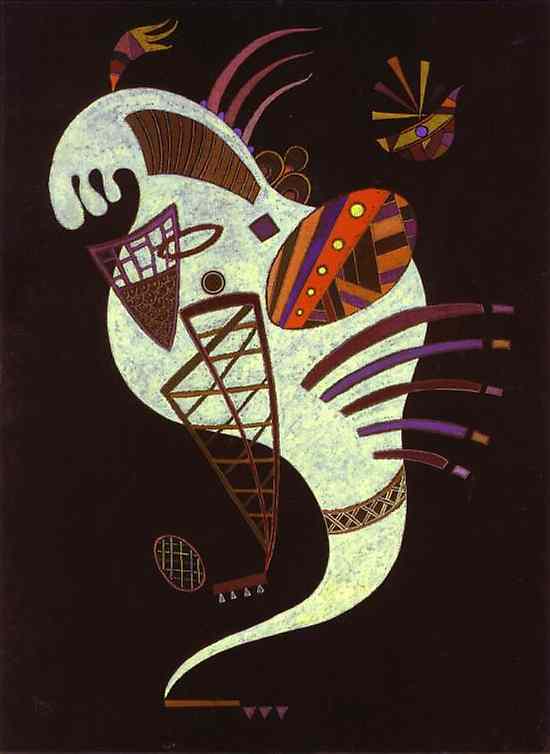
1. Prompted by Call Me Ishmael, Charles Olson’s marvelous study of Moby-Dick, I took a fifth trip through Melville’s massive opus this past month.
2. Every time I read Moby-Dick it seems funnier and sadder. Richer. Thicker.
3. I cobbled together my reading over different media and spaces: I listened to William Hootkins‘ outstanding unabridged audiobook version, and then reread on my Kindle key passages I’d mentally underlined; I then checked those passages against the copy of Moby-Dick I annotated the hell out of in grad school.
As I read, I posted some of my favorite excerpts on this blog.
4. I posted some of my favorite excerpts of Moby-Dick here on Biblioklept because I knew that I wouldn’t be able to write about the book—not really—that I wouldn’t be able to handle all of its language. (My riff on Olson’s book obsesses over Olson’s ability to write after Melville and Melville’s ability to write after Shakespeare).
5. Really, in posting so many fragments of Moby-Dick, I suppose that I’ve attempted to abrogate any kind of critical duty to describe the book under discussion in terms of its own language.
6. Point 5 is really a way of saying: Moby-Dick, like any sublime work of literature, is a self-defining, self-describing, and even self-deconstructing text.
7. Or, another way of making such a claim:
Let me (mis)appropriate Samuel Beckett’s description of Finnegans Wake and contend that the description fits Moby-Dick just as aptly:
Here form is content, content is form. You complain that this stuff is not written in English. It is not written at all. It is not to be read – or rather it is not only to be read. It is to be looked at and listened to. His writing is not about something, it is that something itself.
8. So here circumnavigate back to my own recent reading and auditing of the book:
Hootkins’ audio recording would make a great starting point for anyone (unnecessarily) daunted by Melville’s big book. He performs the book, commanding his audience’s attention. He unpacks the humor that might otherwise hide from untuned 21st century ears; he communicates the book’s deep, profound sorrow. His Ishmael is perceptive, clever, generous. His Stubb, hilarious. His Ahab a strange philosophical terror.
After listening to Hootkins on my commute, I’d return to key passages on my Kindle, and then finally review the notes I wrote in the cheap hardback Signet edition I read in grad school.
But why bring this up?
9. I don’t know.
Maybe: Unpacking Moby-Dick is too hard, too much—would require its own book, a book that would cite the entirety of Melville’s book.
But discussing the book this way seems a disservice to potential readers; it’s as if we would cloak the book in a mystic veil.

10. If I have a point to all of this: Moby-Dick is wonderful, funny, moving, engaging; a genre-bender that tackles philosophy, history, science; an adventure tale; a psychological novel brimming with ideas, allusions—but one delivered in sonorous, poetic language. It’s good, great, grand. Read it, if you haven’t. Reread it.
11. So I’ve failed to even try to begin to attempt to pretend to describe the plot.
Here: Ishmael, depressed, suicidal perhaps, decides to go to sea. To go whaling.
He tries to measure the whale, and by measuring the whale, maybe measure the world. But this is not really possible, certainly not in language. Certainly not in first-person perspective.
In Chapter 86, “The Tail,” Ishmael tells us:
The more I consider this mighty tail, the more do I deplore my inability to express it. At times there are gestures in it, which, though they would well grace the hand of man, remain wholly inexplicable. … Dissect him how I may, then, I but go skin deep. I know him not, and never will. But if I know not even the tail of this whale, how understand his head? much more, how comprehend his face, when face he has none? Thou shalt see my back parts, my tail, he seems to say, but my face shall not be seen. But I cannot completely make out his back parts; and hint what he will about his face, I say again he has no face.
(I don’t suppose I need to remark that Melville here lets one mighty tail stand in for another mighty tale—a tale he cannot face).
12. “Call me Ishmael”: our protagonist hails us.
But these famous opening lines aren’t really the beginning of the book. First we have the section titled “Extracts,” and before that “Etymology.” The first entry on the etymology of the whale, from Hackluyt, warns us not to leave out “the letter H, which almost alone maketh up the signification of the word.”
Whaling. Hailing. Wailing.
The whiteness of the whale.
The witness of the wail.
13. How, just how, does Ishmael witness? How does he manage to tell this story? Did I obsess over this in earlier readings? I don’t think so—I was too concerned with absorbing the what and the why of the story to closely attend the how of its telling.
14. The novel begins in standard first-person point-of-view territory, Ishmael guiding us through Manhattan, New Bedford, Nantucket—but by the time he’s boarded the Pequod and set out into the wide watery world, this first-person perspective transcends the limits of physics: Our narrator not only attends the private conversations of Ahab, his mates, his harpooners, his men—but also the very interior of those men, their minds, their dreams, their imaginations.
Is Ishmael a ghost?

15. And to return to Ahab for a moment: My god, what a voice! His infecting, addicting insanity. His agon with Moby Dick, with the sun, with himself.
16. And Starbuck: Starbuck comes across weaker and weaker each time I read the book. We’re to believe he’s a man of convictions, but he moves in half-measures. In his final moments he tries to match or feign or approximate Ahab’s insanity: tragicomedy.
17. And Stubb: Despite his cruelties, he may be my favorite character in the book.
18. While I’m riffing: Is there a novel more phallic in the American canon than Moby-Dick? All that sperm: All that life-force.
19. This is maybe what Moby-Dick is about: Life-force. The attempt to to resurrect and die and resurrect again. The coffin that serves as life-buoy. The life-line that connects men that might also be their death. A counterpane to counter pain. A condensation of oppositions.
A yarn, a rope, a series of knots, layered, layering, self-contextualizing.
An attempt to put into language what cannot be put into language.
20. Twenty points: Maybe too long for the “short riff” promised in the title, but also surely too short to even begin to start to approach to pretend to say something adequate about the novel. So a parting thought: Moby-Dick is better—richer, fuller, deeper—each time I read it, and I look forward to reading it again.

I’ve always wanted to read this book. It puzzles me that I have not. Thank you for this creative sharing of vivid thought!
Annie at Biocadence
LikeLiked by 1 person
Wowee. Thanks.
LikeLike
Reblogged this on Xlibris Book Reviews.
LikeLike
Thanks for this. I read Moby Dick for the first time last Summer, at the time I struggled a bit in places but I’ve since realised that it is simply one of the best books I’ve ever read and I’ve been thinking about it on and off pretty much ever since. It’s definitely one I want to re-read – even more so having read your post.
LikeLiked by 2 people
I read Moby Dick twice – but you remind me it may be time to revisit the depths of the leviathan’s wild ocean!
Elephant
LikeLiked by 2 people
Thanks—I think the book is an extremely rewarding reread.
LikeLike
I tried reading it a few years ago, but didn’t get past the chapters prior to the sea adventure. But now that I’m reading Ulysses and loving it, perhaps I’m ready. I have this wonderful edition of it illustrated by Rockwell Kent. Kent’s own books, travel narratives mostly with his wonderful drawings, are a treasure in their own right.
And thanks for your tips on Ulysses. After slowly falling in love with Dubliners over the course of several years, Ulysses just sort of called to me…. and the time has been right.
LikeLiked by 2 people
Although Ishmael explains some of it in the book, it really helps I think to know a bit about how important the whale fishery was in the world economy of the nineteenth century—that whale oil was a demand commodity.
I love Kent’s illustrations, btw.
LikeLike
By which I mean an edition of Moby Dick illustrated by Rockwell Kent, not Ulysses! Really beautiful stuff.
LikeLike
[…] come from one-star Amazon reviews of Herman Melville's novel Moby-Dick. To be very clear, I think Moby-Dick is fantastic—but I also enjoy seeing what people compelled to write negative reviews of […]
LikeLike
Do you know Dan Beachy-Quick’s phenomenal interaction with Moby-Dick: A Whaler’s Dictionary? I have been reading it (slowly, slowly, slowly) for years now. Here’s a very, very small sample: “The awful trick of definition requires the impossible work of erasing the terms by which one speaks of the world in order to experience the world directly, and so to define anew, and speak of it again. To do so, if anyone can do so (will oneself to aphasia and by some Möbius turn on silence’s surface end up fluent), requires one to create a ‘classification of the constituents of chaos.’ Chaos here is both silence and frenzy—the possibility to speak in parallel of the whale’s possibility to give light, the process before the worded illumination.”
LikeLiked by 1 person
Reblogged this on Mary Beth Bass and commented:
I adore, adore, adore this post.
LikeLike
[…] Moby-Dick, Herman Melville […]
LikeLike
[…] Herman Melville’s Moby-Dick, as read by William Hootkins […]
LikeLike
[…] Melville caps Gass’s list. I had read Moby-Dick a number of times, studying it under at least two excellent teachers, before I first heard William […]
LikeLike
I have always thought that Moby Dick is about the problem of human agony and man’s frustration with a universe that refuses to give him an adequate explanation, not only for his suffering, but for his very existence. Ahab wants to kill the whale because it’s the next best thing to killing God, which is what he truly wants to do. He wants to kill “that inscrutable thing” about the whale, the whale’s malignancy, the whale’s “inscrutable” malice, a will embedded in an animal oblivious to the suffering a man feels in losing part of a leg. Man is expected to “get over” this and move on like some puppet obedient to the puppeteer. Ahab’s response to this facile thinking is, “Not me!!!”
LikeLike